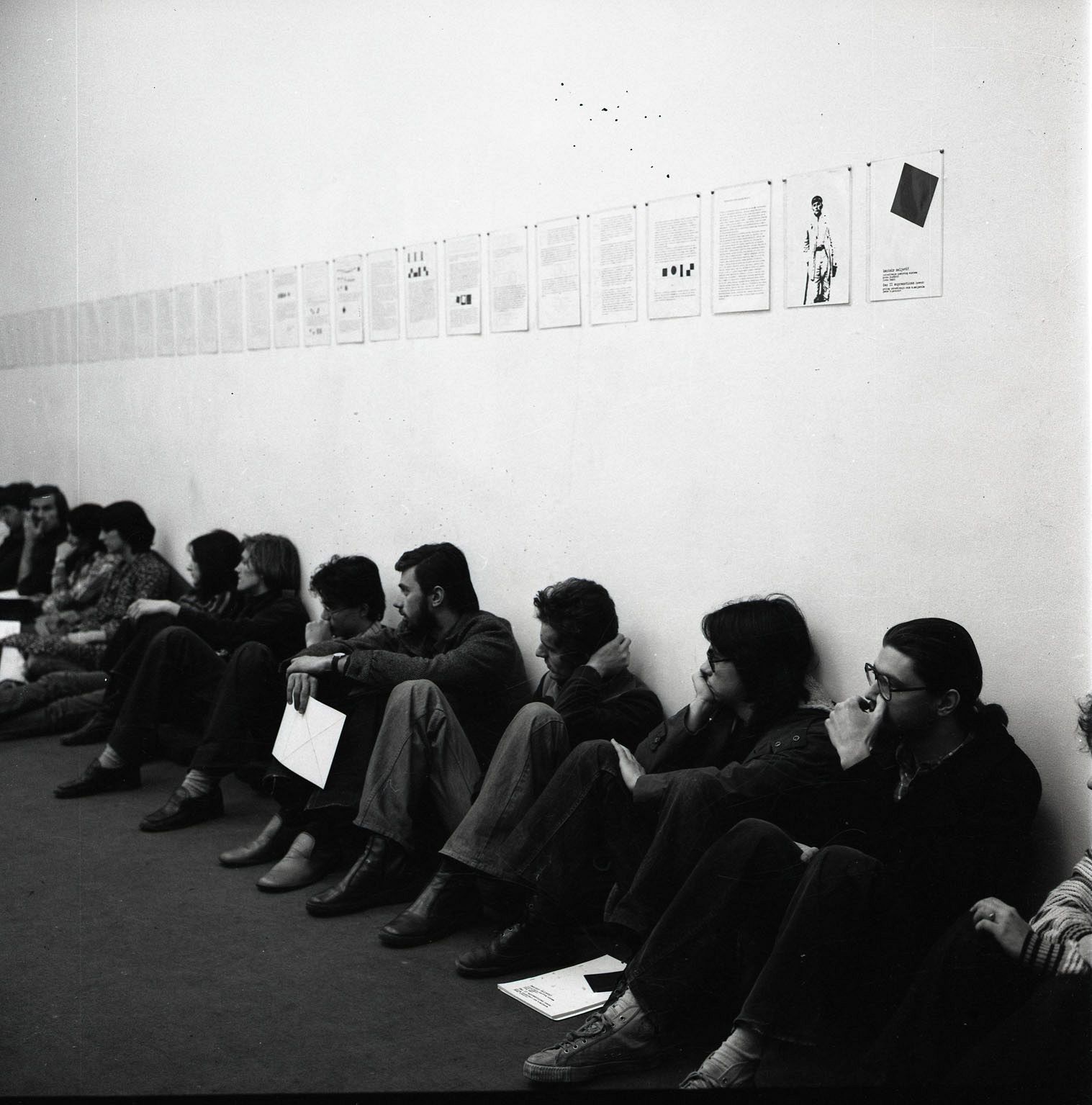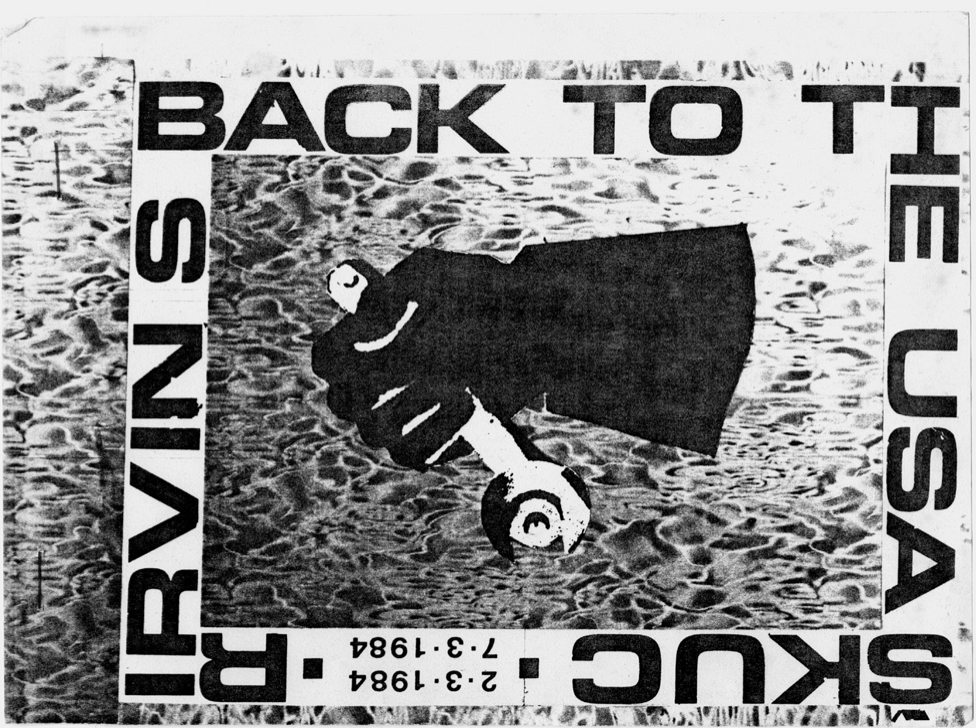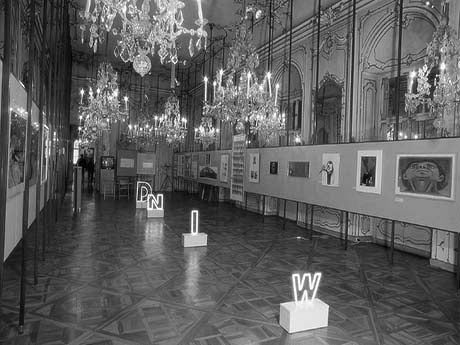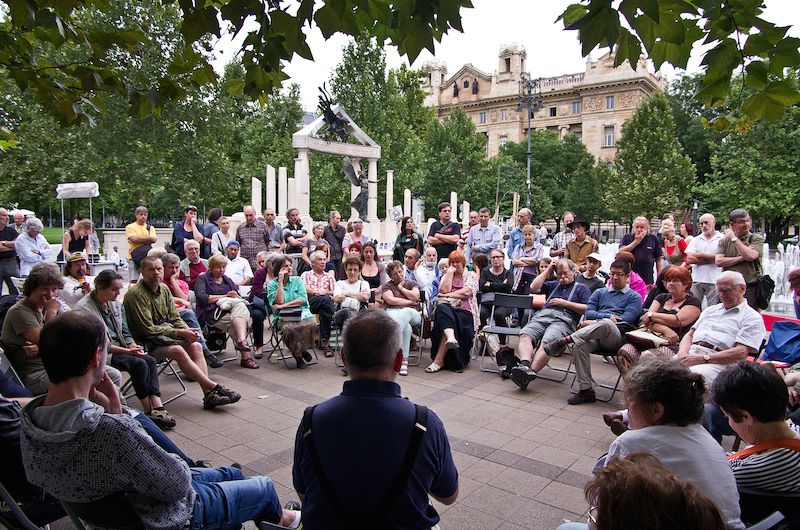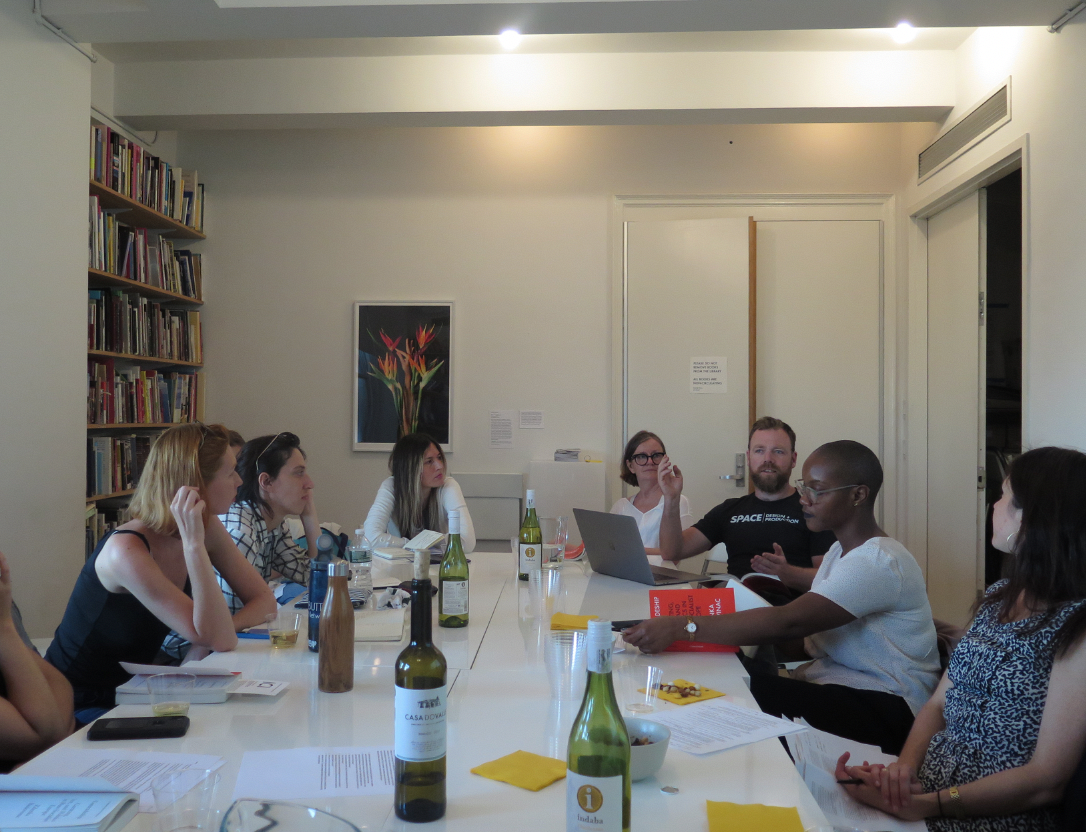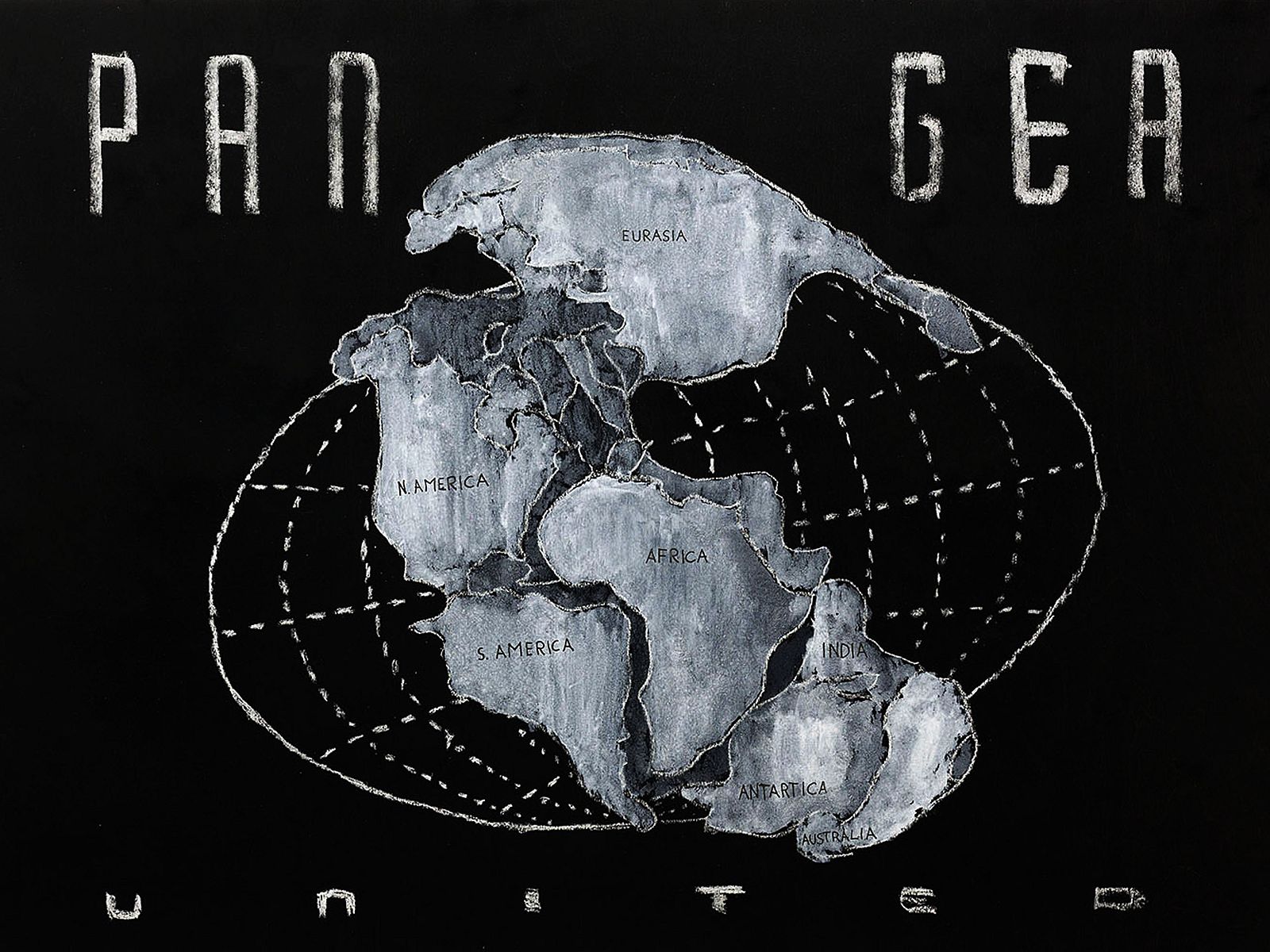“Comradeship” had an ambivalent force in the twentieth century. Defined as an intimacy among equals in similar circumstances, over time it came to signal a more partisan sense of fellowship in a shared project. For the most part this new meaning signaled leftism—the word “comrade” is, even now, a Communist cliché. But not always: Nazi Germany also deployed a notion of mythologized group feeling, or Kameradschaft, as state doctrine. It is perhaps no surprise then that after the fall of socialist regimes in the Soviet Union and Eastern Europe in the early 1990s the word was left behind in the dustbin of history. This persisted even as new forms of group structure, behavior, and belonging assumed dominance. Loosened from its Communist resonance, collectivism assumed a new currency in the art world after 2000.
Similarly, collaboration and teamwork have become standards of neoliberal workplaces, although the precarity of contemporary labor and the dispersal of the contemporary workplace often undermine the affective solidarity of working-together. Slovenian curator, writer, and museum director Zdenka Badovinac argues in this context for recovering the concept of comradeship from her own troubled and very unique local history. She discusses her vision for reclaiming the term with art historian J. Myers-Szupinska and curator Kate Fowle, exploring the implications of comradeship for contemporary art and its institutions.
This event coincides with the launch of Comradeship: Curating, Art, and Politics in Post-Socialist Europe by Zdenka Badovinac, published by ICI as part of the PERSPECTIVES IN CURATING series. Available here.
“Whip smart, politically astute, curatorially inventive:
Zdenka Badovinac is nothing less than the most progressive and intellectually rigorous female museum director in Europe. This anthology includes key essays accompanying her series of brilliant exhibitions in Ljubljana, and is essential reading for anyone interested in the differences between former east and former west. For anyone seeking curatorial alternatives to the neoliberal museum model of relentless expansion and dumbed- down blockbusters, Badovinac is a galvanizing inspiration.”
—Claire Bishop, art historian and critic
CAA Annual Conference offers a pay-as-you-wish option for a day pass to attend this panel. Suggested donation is $25.00
This event is accessible to people with mobility disabilities.
.jpg?w=1600)


